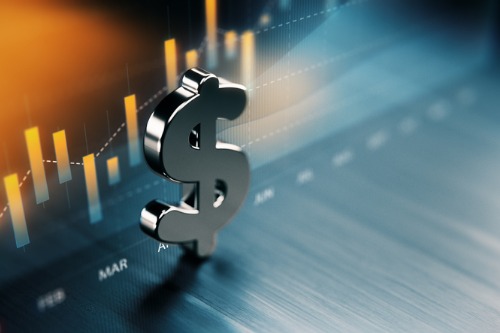Another rate cut has made bonds even riskier, can conservative investors find a safe harbour in cash ETFs?

The Fed’s recent rate cut dealt another blow to the bond market. Bond prices seem to keep rising while losing their high-return potential. Nowadays, bonds represent a lot of interest rate risk. At the same time, thanks to ETFs, fixed-income has been democratized as an asset class. Fixed-income ETFs are growing even faster than the ETF industry as a whole, which is saying something.
The bonds underlying traditional fixed-income ETFs are looking less and less attractive. So where, then, do risk-averse investors looking for fixed-income solutions turn? According to Daniel Straus VP, ETFs & financial products research at National Bank of Canada Financial Markets, Cash ETFs have arisen to give investors that secure, fixed-income option.
“The bond indices contain lots of bonds that don't have very high-return potential anymore, but a lot of interest rate risk … cash is really one of the last remaining places to hide,” Straus told WP. “So given that, investors are looking to ETFs for fixed-income solutions and the bond market isn't really much of a solution to anything anymore; these days cash is where investors want to go.”
Straus highlighted several products now available in Canada. PSA from Purpose Investments is effectively a high-interest savings account, literally just holding a cash deposit. They take cash from investors, deposit it, and create new units that pay a yield to investors. CI First Asset’s CSAV functions similarly but relies only on the big banks. Both cash ETFs have done well in terms of flows and investor demand.
The other driving cause for cash, according to Straus, is that active managers are also making use of their own cash ETFs. Purpose, for example, buys into its own PSA product as part of its active management strategy, thereby balancing the portfolios they manage, according to Straus. Cash ETFs are being incorporated into larger asset management solutions, driving a wider pattern.
For advisors, Straus thinks a cash ETF might be the right solution for the right client. He thinks conservative, risk-averse investors, or those seeking a steady income should keep a little bit of cash in their portfolio functioning as ballast in a similar way that bonds would.
“You never want to give investors hard rules … but we do say that [cash ETFs] should always be on the table,” Straus said. “Certain investors may have access to specific high-interest savings accounts that may pay a little higher, they may very well be able to achieve a slightly higher cash rate from specific kinds of savings.”



